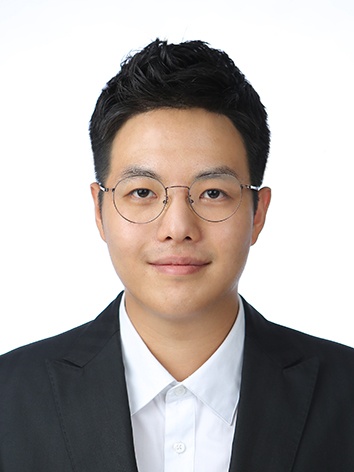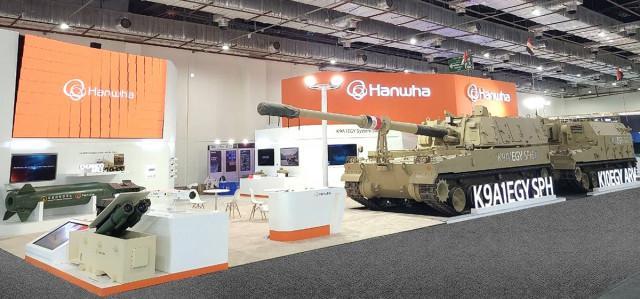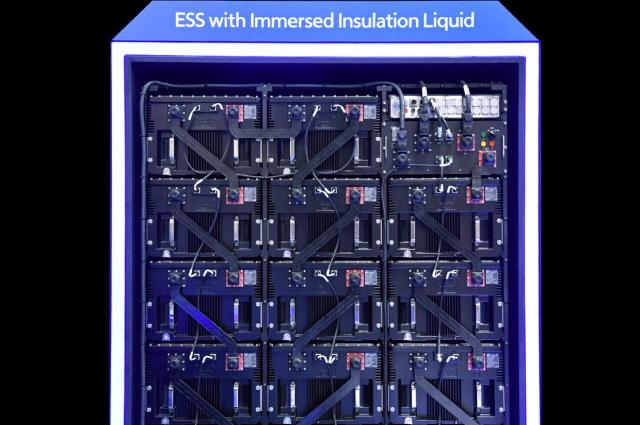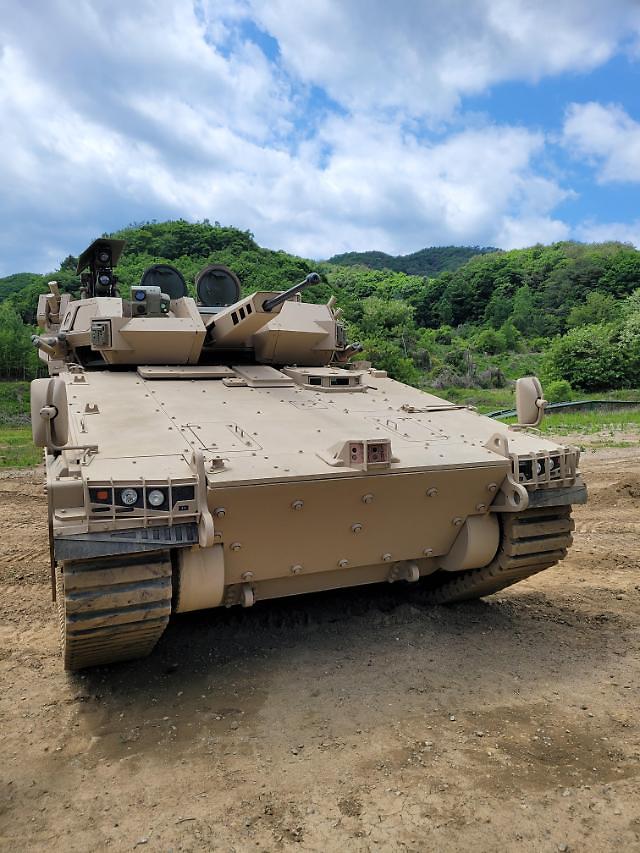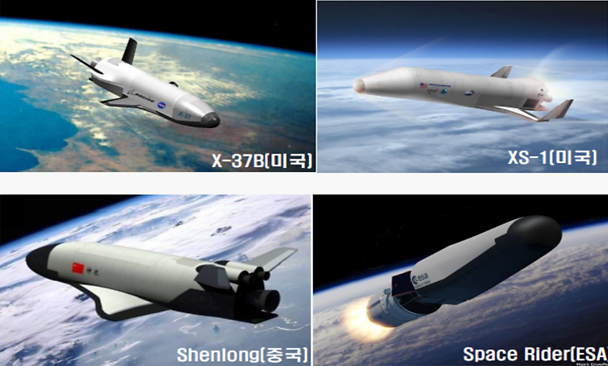
[Courtesy of KRIT]
Reusable spacecraft can fly in space for a long time with their own propulsion and perform various missions. Unmanned space vehicles are emerging as a game-changer in the global space industry as they can drastically reduce costs. The well-known reusable robotic spacecraft is Boeing X-37, which carries out secret missions for the U.S. Air Force.
For a state project led by the Korea Research Institute for Defense Technology Planning and Advancement (KRIT) to develop reusable spacecraft, Space Hub, a joint team established by Hanwha Group units to combine different products or services such as satellite components, has teamed up with a consortium of school research institutes to upgrade technology for unmanned reusable spacecraft.
A related research center is to open after September 2022. "Through Hanwha's space business-related technology and research institutes' human infrastructure and academic capabilities, South Korea will be able to quickly narrow the gap with advanced countries," Hanwha Aerospace CEO Shin Hyun-woo said in a statement on July 28.
The European Space Agency (ESA) is also developing Europe's first reusable spacecraft called "Space Rider." Its first flight is expected in the fourth quarter of 2023. India's state space agency Indian Space Research Organisation (ISRO) developed an uncrewed flying testbed called "RLV-TD" which successfully completed its atmospheric test flight in 2016, reaching a maximum altitude of 65 kilometers (40 miles).

